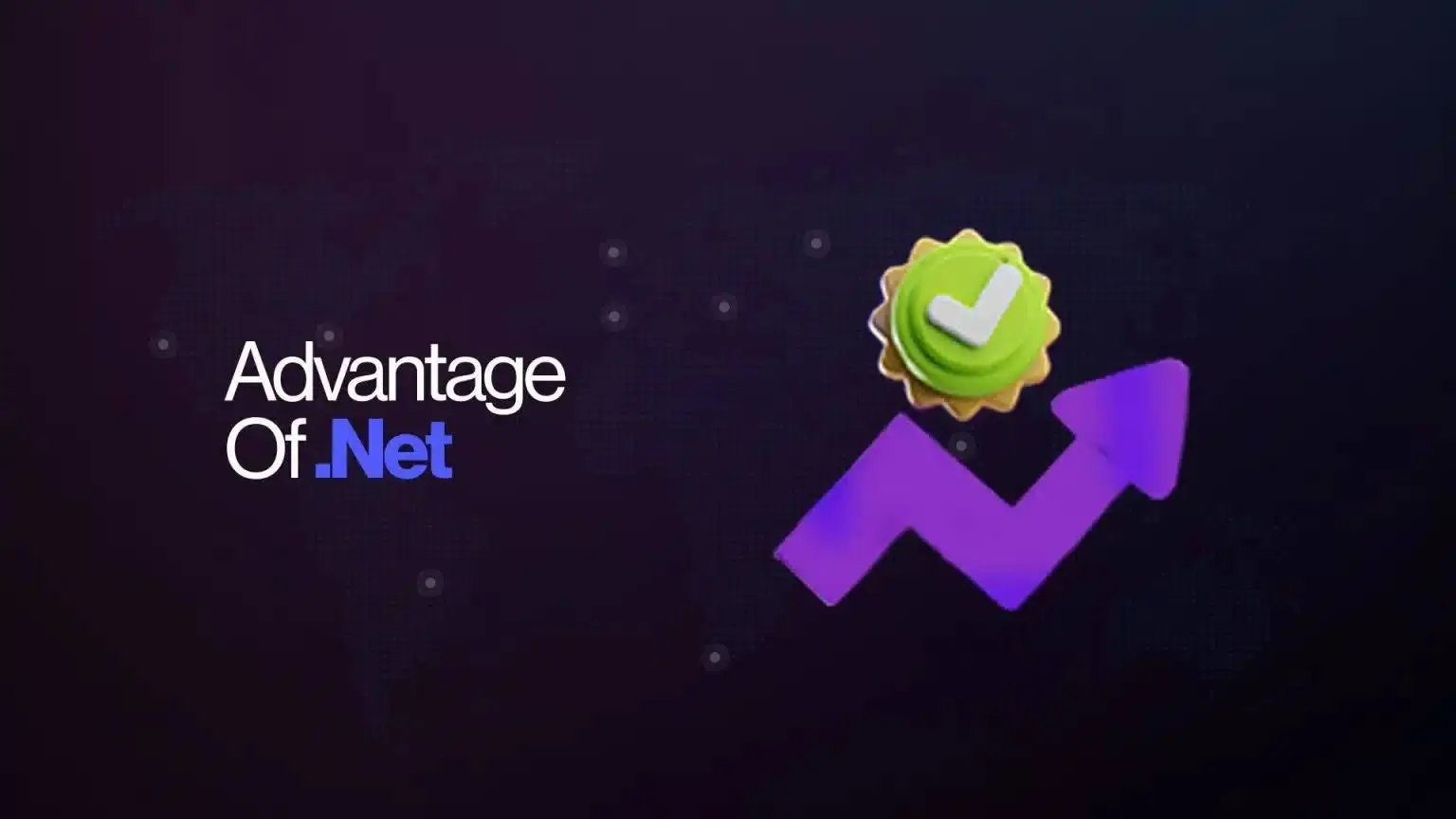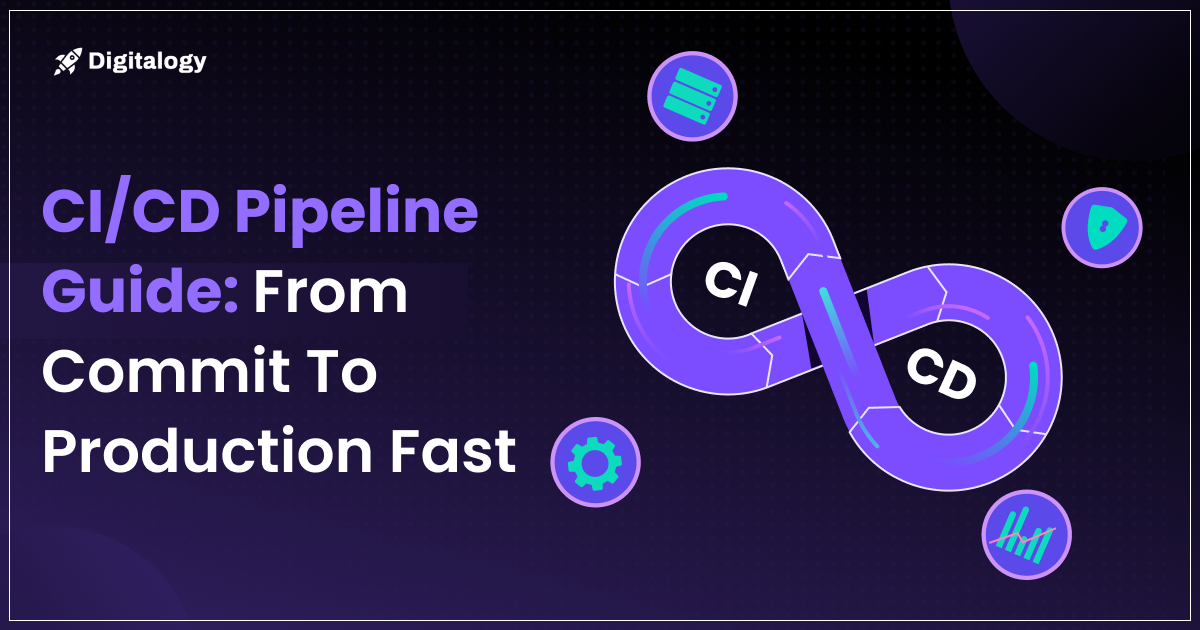Learn about the Dot NET Framework and its incredible capabilities that power a diverse range of applications. From web apps to gaming solutions, Dot NET offers a versatile platform for developers to express their creativity and build robust software.
In this guide, we will explore .NET framework benefits, explore examples of apps built using this framework, and uncover why businesses are choosing DotNet for their development needs.
Apps Built using the DotNet Framework
The DotNet Framework allows developers and a .NET development company to create various types of desktop and web applications. These apps leverage the features and tools provided by DotNet, such as libraries, APIs, and development environments.
Examples of apps built using DotNet include Microsoft Office applications, Adobe Photoshop Elements, and many enterprise-level software solutions.
- Gaming
The DotNet Framework is also used in the video game industry to create interactive and immersive games. Game developers leverage DotNet’s capabilities to create graphics-rich games, implement game logic, manage user input, and handle networking functionalities.
Popular gaming platforms like Xbox and Windows PC often run games built using DotNet technologies.
- Re-Designing
Many businesses and organizations choose to re-design their existing applications using the DotNet Framework to modernize their user interfaces, improve performance, and add new features.
DotNet provides tools and frameworks for UI/UX design, data management, and application development, including Android application development, making it a preferred choice for application re-design projects across various industries.
- Business Function
The DotNet Framework is extensively used for developing business applications that automate processes, manage data, and streamline operations.
These applications can include inventory management systems, (CRM) software, enterprise resource planning (ERP) solutions, and financial management tools.
DotNet’s robustness, scalability, and security features make it suitable for critical business functions.
- Multi-Tiered Software Architecture
Multi-tiered software architecture refers to the design of applications with multiple layers or tiers, each responsible for specific functions and responsibilities.
DotNet offers frameworks such as ASP.NET for web development, WPF for desktop applications, and Xamarin for cross-platform app development, which enable multi-tiered systems.
This architecture enhances the scalability, modularity, and maintainability of software systems.
5 Reasons For Choosing .NET
Reason 1. Versatility
One major reason for choosing .NET is its versatility. .NET is not limited to a single type of application but supports various platforms and devices.
Whether you’re developing web applications, desktop software, mobile apps, or even gaming solutions, .NET provides the tools and frameworks to cater to diverse development needs.
Reason 2. Productivity
.NET offers a range of productivity-enhancing features for developers. With built-in libraries, reusable components, and integrated development environments (IDEs) like Visual Studio, developers can streamline their workflow, reduce coding time, and focus more on creating robust and innovative applications.
Reason 3. Scalability
Scalability is another key advantage of using .NET for application development.
.NET’s scalable architecture and cloud integration capabilities enable seamless scalability. This scalability ensures that your application grows along with your enterprise without compromising performance.
Reason 4. Security
Security is a top priority in software development, and .NET offers robust security features to protect applications from threats and vulnerabilities.
.NET helps developers develop robust applications that help protect confidential information and protect against cyber threats.
Reason 5. Community Support
.NET has a vast and active community of developers, resources, and support forums. Developers can leverage this community to seek help, share knowledge, access tutorials and documentation, and stay updated on the latest trends in .NET development.
The strong community support enhances learning, collaboration, and problem-solving capabilities for developers using .NET.
Top 10 Key Advantages of .NET
- Versatility
The versatility of .NET is like having a toolbox full of numerous solutions for various tasks.
It supports a variety of languages like C#, F#, and VB.NET, giving developers flexibility in choosing the language they are most comfortable with.
This versatility extends to different platforms, allowing you to target Windows, macOS, Linux, and even mobile devices like iOS and Android.
- Productivity Tools
.NET provides a comprehensive set of productivity tools that streamline the development process. These tools include Visual Studio, a powerful (IDE) with features like code debugging, editing, testing, & collaboration tools.
- Language Interoperability
.NET supports several languages. This language interoperability allows DotNet developers and companies to use the language they are most familiar with while still leveraging the .NET framework’s capabilities.
It also facilitates code reuse, integration of existing codebases, and collaboration among developers with different language preferences.
- Scalability
.NET offers scalable solutions for applications of all sizes. Whether you’re building a small enterprise website or a giant enterprise-level system, NET’s scalability ensures that your application can handle high user loads, data volumes, & transactional complexities.
- Security Features
.NET provides extensive security features to protect applications from various threats.
It includes built-in authentication mechanisms, authorization controls, data encryption libraries, secure communication protocols, and best practices for secure coding.
These security measures help developers build secure, compliant, and resilient applications.
- Cross-Platform Development
With the introduction of .NET Core, developers, and .NET development companies can now develop cross-platform applications that run on any environment.
This cross-platform compatibility expands the reach of applications, reduces development costs, and enables seamless deployment across different operating systems without compromising functionality or performance.
- Performance Optimization
.NET offers performance optimization tools and techniques to enhance application speed, responsiveness, and resource efficiency.
It includes features like just-in-time (JIT) compilation, code optimization, caching mechanisms, asynchronous programming models, and memory management optimizations. Applications run more quickly, have less latency, and have better user experiences as a result of these changes.
- Integration Capabilities
.NET seamlessly integrates with other Microsoft technologies, third-party APIs, databases, and services. It supports interoperability with SQL Server, Azure services, Office applications, web APIs, and more.
This integration capability simplifies data exchange, workflow automation, and system integration, and enables a cohesive ecosystem of interconnected applications and services.
- Community Support
The .NET community is vast, active, and supportive, providing developers with access to resources, forums, tutorials, and community-driven initiatives. Developers and .NET development companies can take advantage of collaborative knowledge, troubleshooting assistance, code samples, best practices, and updates on .NET technologies.
The community support fosters collaboration, learning, and continuous improvement in .NET development practices.
- Long-Term Support
Microsoft offers long-term support and updates for .NET, ensuring the stability, reliability, and compatibility of applications over time.
.NET Framework versions receive extended support, security patches, and bug fixes, while .NET Core and .NET 5+ follow a regular release cycle with (LTS) versions.
This long-term support commitment provides confidence to developers and businesses in adopting .NET for their mission-critical applications.
Conclusion
In conclusion, the DotNet Framework stands out as a versatile, scalable, and secure platform for modern application development.
Its rich set of tools, interoperability features, and strong community support make it a top choice for businesses seeking productivity, performance, and long-term reliability in their software solutions.
Whether you’re a developer, a business owner, or an enthusiast, DotNet opens doors to endless possibilities in creating innovative and impactful applications.







